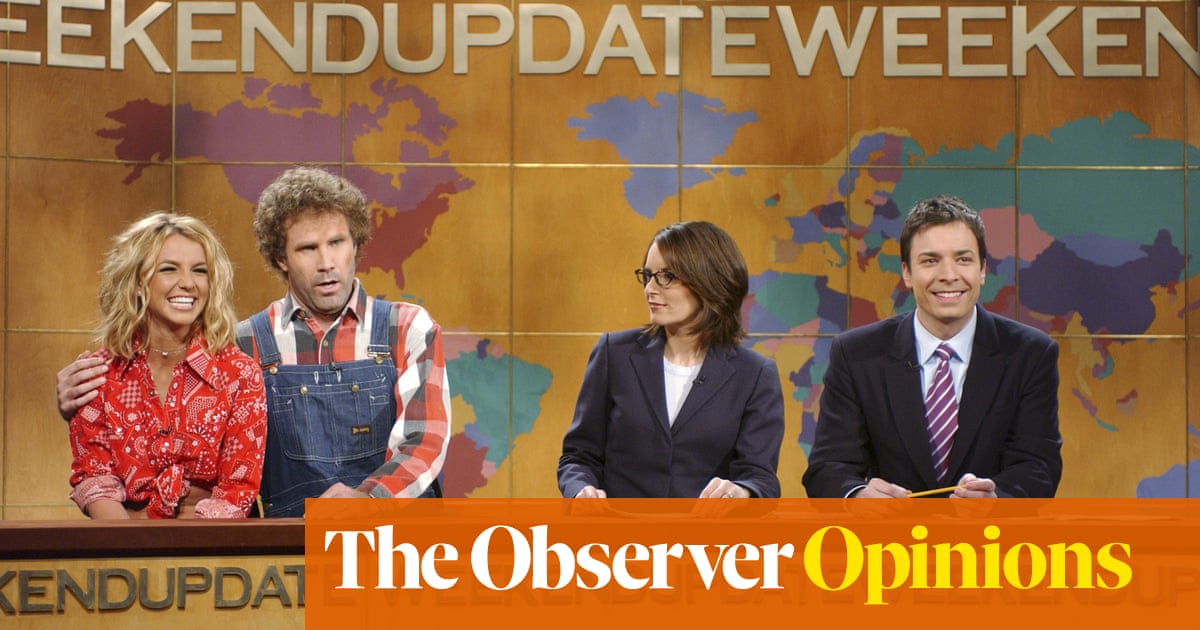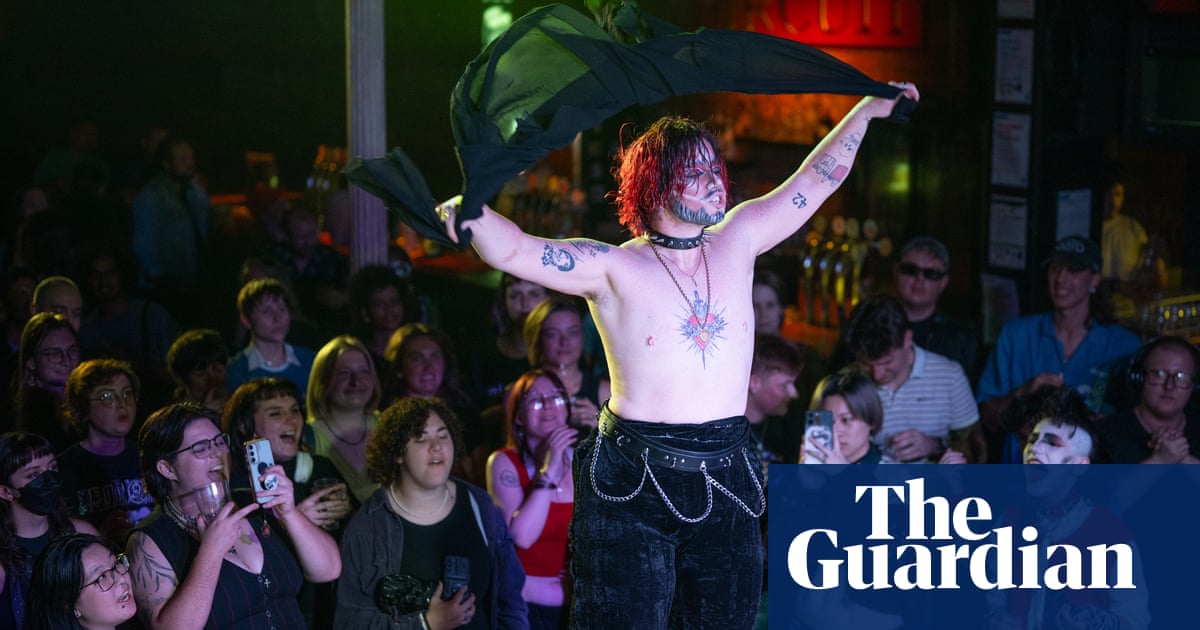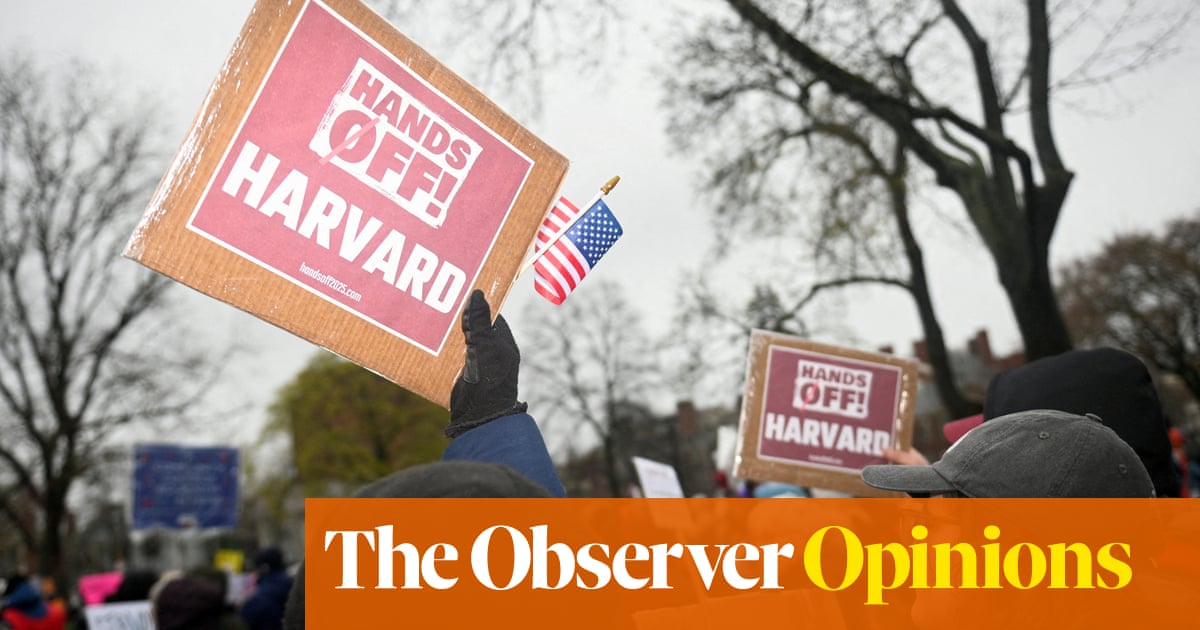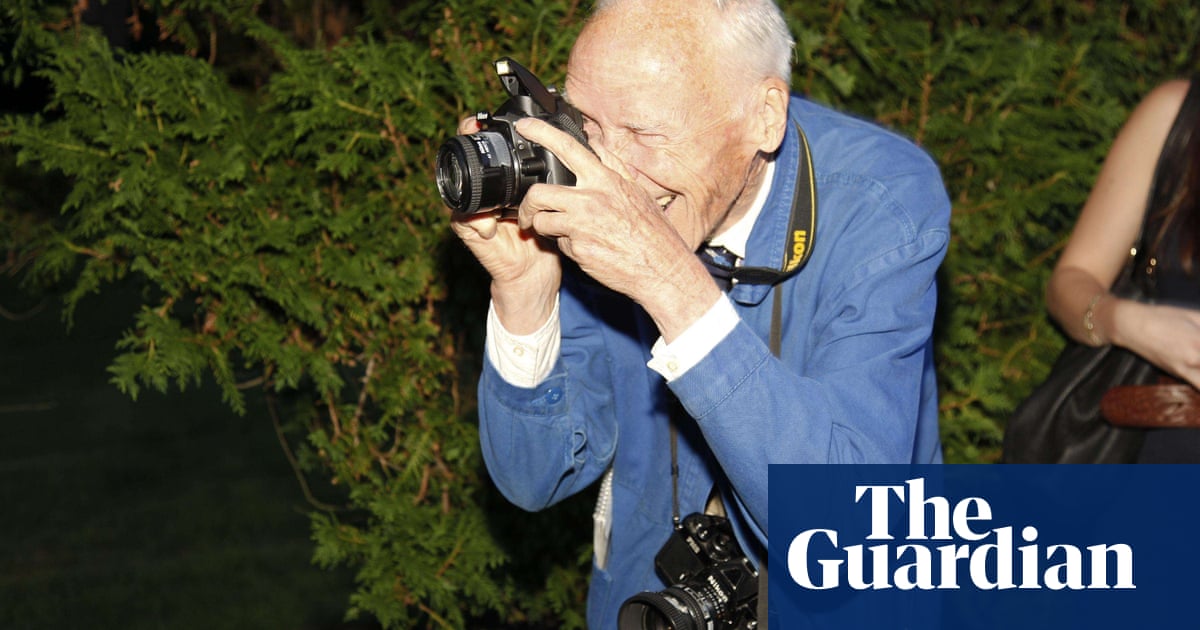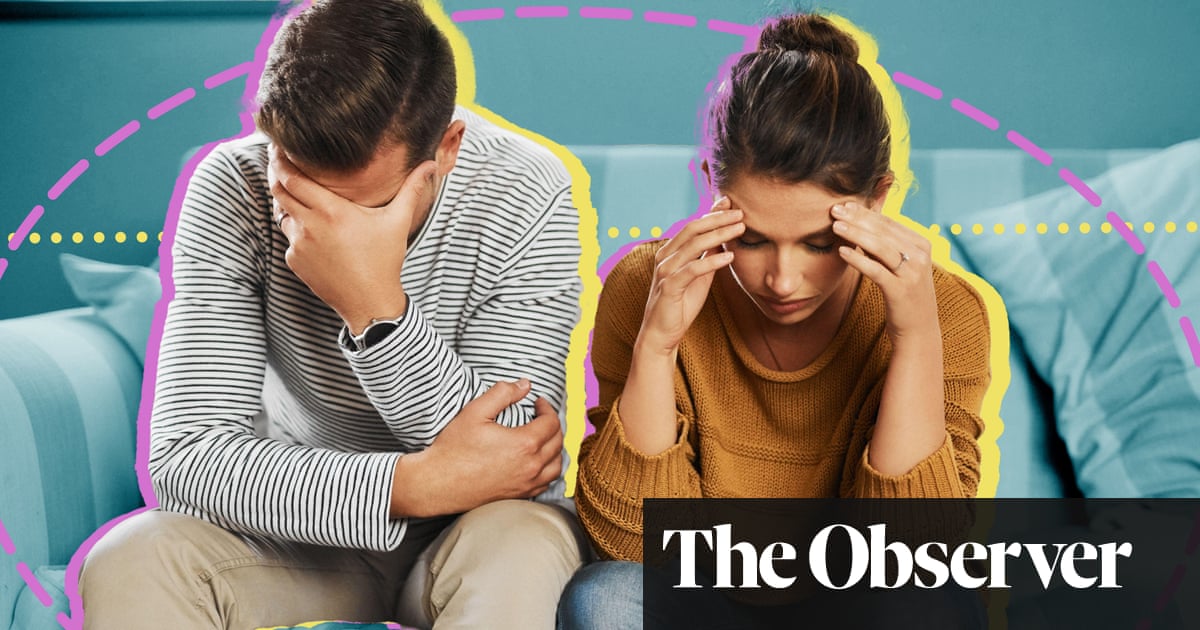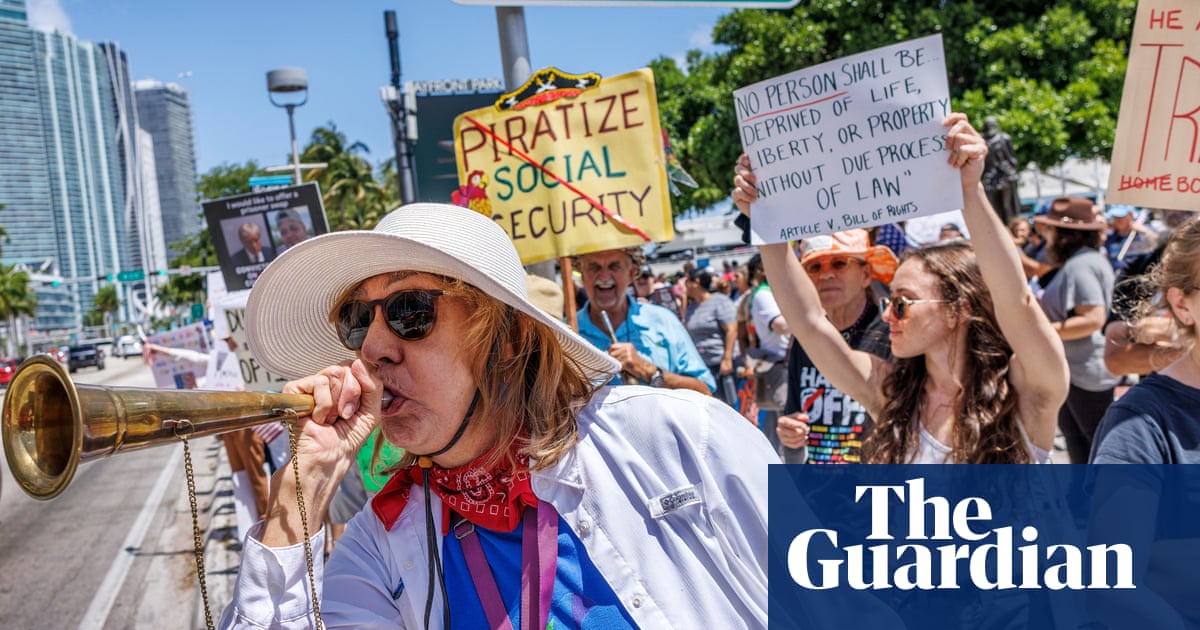The US supreme court will hear oral arguments over the fate of TikTok on Friday. It’s the latest battle in the long war over whether to ban the tremendously popular social media app in the US – and will force the justices to weigh the importance of national security with the freedom of speech.
TikTok and its parent company, Chinese-based ByteDance, asked the supreme court to review the case after a lower court ruled last month to uphold a law to ban the app in the US. That ban is scheduled to go into effect on 19 January, unless ByteDance sells TikTok’s assets to a non-Chinese company. While ByteDance has the option to divest, it claimed in a legal filing that divestiture “is simply not possible: not commercially, not technologically, not legally”.
Oral arguments are expected to last two hours, during which each side will be allotted time to make their case. In a filing, the court wrote that both sides should be prepared to argue whether the ban violates the first amendment.
TikTok has 170 million US users on its platform, about half of the country’s population, and the prospect of banning the app has brought together unlikely allies. On one side are those who herald the ban, saying TikTok has the potential to be manipulated by the Chinese Communist party, which includes a bipartisan coalition of Congress members.
On the other side are countless influencers, civil liberties groups and, more recently, Donald Trump, who first proposed banning TikTok nearly five years ago. Now, Trump and others say prohibiting Americans from accessing the app would violate the free speech of tens of millions of people.
“The government’s attempt to cut US users off from speaking and sharing on TikTok is extraordinary and unprecedented,” said Patrick Toomey, deputy director of the American Civil Liberties Union’s National Security Project.
While ByteDance is based in China, TikTok operates separately with headquarters in Singapore and the US. The company maintains it isn’t under Chinese influence and that user data in the US is handled by the company Oracle.
Despite TikTok’s assertions of independence, the company has battled a slew of lawsuits and inquiries from both federal and state lawmakers over the past few years. The federal law to ban TikTok overwhelmingly passed the Senate and House last April. It came a year after Montana was the first state to ban TikTok, although a judge blocked that law on free speech grounds.
The federal law at the center of the case
The law, known as the Protecting Americans from Foreign Adversary Controlled Applications Act, was signed by Joe Biden last spring. It came two years after the president banned TikTok on federal government phones and laptops.
The US government has consistently said TikTok is a national security threat. Lawmakers say that China has the potential to control what people see on the app and spread propaganda. They also fear China could gain access to Americans’ sensitive data and monitor their behavior.
“Your platform is basically an espionage platform for the Chinese Communist party,” said Josh Hawley, a Republican senator from Missouri, during a Senate judiciary committee hearing last January with TikTok’s CEO, Shou Chew.
To date, the US government has not disclosed evidence that Beijing or ByteDance has used TikTok to manipulate Americans.
Shortly after Biden signed the act into law, TikTok sued the US government in an attempt to block it. The company argued the ban is unconstitutional, unfairly singles out TikTok, and violates the first amendment and the right to free speech.
The law “will force a shutdown of TikTok … silencing the 170 million Americans who use the platform to communicate in ways that cannot be replicated elsewhere”, TikTok wrote in its complaint.
after newsletter promotion
A three-judge panel for the US court of appeals for the District of Columbia ruled in favor of the government last month. They said the possible threat to US national security outweighed people’s loss of access to the social media site. The judges also said the first amendment is to protect free speech for people in the US and “the Government acted solely to protect that freedom from a foreign adversary nation”.
Supreme court review and Trump weighs in
Less than two weeks after the federal appeals court ruling, TikTok filed an emergency motion asking the supreme court to halt the enforcement of the law. The supreme court agreed to review the request and expedited oral arguments. The court has since received nearly two dozen amicus briefs, or “friend of the court” briefs, from both sides of the debate.
The most notable of those was filed by Trump himself. He asked the court to pause the ban, which is scheduled to go into effect one day before his inauguration, so that his administration could “pursue a negotiated resolution”.
“President Trump alone possesses the consummate dealmaking expertise, the electoral mandate, and the political will to negotiate a resolution to save the platform,” reads the brief. “Such a resolution would obviate the need for this Court to decide extremely difficult questions.”
This position is a far cry from 2020, when Trump issued an executive order that moved to ban TikTok. At that time, he wrote that the risks of the social media app “are real” and that the US “must take aggressive action against the owners of TikTok to protect our national security”. The amicus brief puts Trump at odds with many Republican lawmakers who led the TikTok ban, including senators Marco Rubio of Florida and Mitch McConnell of Kentucky.
Trump created a TikTok account in June and has since amassed nearly 15 million followers. In September, he posted on his Truth Social platform: “FOR ALL THOSE THAT WANT TO SAVE TIK TOK IN AMERICA, VOTE TRUMP!” Since winning the election, he said he has a “warm spot in my heart” for TikTok and has hosted the CEO at his Mar-a-Lago estate in Florida.

 3 months ago
46
3 months ago
46


